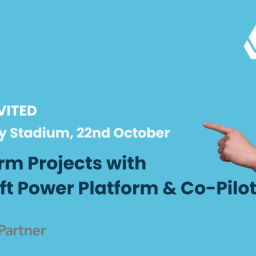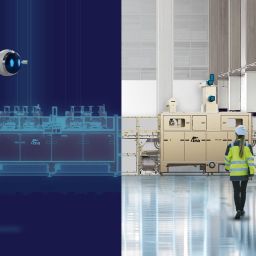
Effective project management is crucual for achieving organisational goals. Moreover, choosing the right project methodology can make the difference between success and failure. Project Challenge looks at some of the most popular methodologies and their specific approaches to project management.
Traditional vs modern approaches
The traditional Waterfall method, with its linear and sequential approach, is a staple of project management. However, modern methodologies have emerged to address the need for greater flexibility and adaptability in today’s business.
Popular project methodologies
Agile
Born from the software development industry, Agile has become a widely adopted methodology across various sectors. Its core principles include:
- Rapid response to change
- Continuous workflow
- Frequent reassessment and adaptation
Agile breaks projects into small segments, allowing for quick adjustments and efficient delivery of the final product.
Kanban
Kanban makes use of visual representation to optimise project workflow. Key features include:
- Use of Kanban boards
- Visual symbols for task status
- Frequent check-ins and progress tracking
This method promotes transparency and helps identify areas for improvement throughout the project lifecycle.
Lean
Focused on maximising value while minimising waste, Lean methodology employs the 3Ms approach:
- Muda: Eliminating non-value-adding processes
- Mura: Balancing workload
- Muri: Preventing team burnout
Lean aims to deliver projects efficiently with optimal resource utilisation.
Scrum
Scrum breaks projects into manageable ‘sprints’, allowing for:
- Focused task completion
- Continuous analysis and improvement
- Quick and efficient project delivery
This dynamic approach is particularly popular in fast-paced environments.
Six Sigma
Centred on quality assurance, Six Sigma:
- Eliminates errors and waste
- Relies on data analysis
- Uses DMAIC (Define, Measure, Analyze, Improve, and Control) or DMADV (Define, Measure, Analyze, Design, and Verify) frameworks
This methodology ensures consistent, high-quality project outcomes.
PRINCE2
PRINCE2 focuses on structured processes and clear delegation. Its key elements include:
- Detailed pre-project planning
- Clear guidelines and deadlines
- Emphasis on processes, tailoring, principles, and themes
This method provides a comprehensive framework for project management.
Choosing the right methodology
Selecting the appropriate project methodology depends on various factors, including:
- Your project scope and complexity
- Your team size and structure
- Industry requirements
- Organisational culture
Whichever methodology you choose, it must be right for your organisaton based on the factors above, as well as budget and tech infrastructure.















